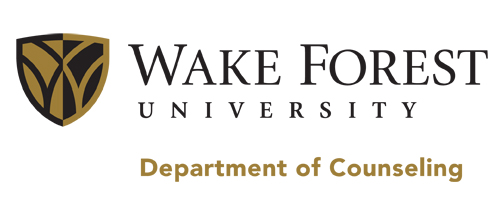Counseling Webinars & Trainings
Association for Play Therapy (APT) E-Student Membership
Did you know that students are eligible for a complimentary Association for Play Therapy (APT) E-Student membership?
Go to www.a4pt.org to learn more about it.
As an E-Student member, you’ll enjoyed the following benefits:
- the Play Therapy™ Magazine in digital format
- our weekly member e-newsletter, PlayToday
- the Play Therapy Connection online forum
Navigating Clinical Care & Ethics for Trans/Gender Expansive Clients in Behavioral Health – July 25, 2025
Join us for a Live Webinar
3 Ethics CE hours available for behavioral health clinicians
July 25, 2025 from 12 pm – 3:20 pm EDT
Trans/Gender Expansive (TGE) clients are increasingly seeking behavioral health services, and providers often struggle to meet their nuanced needs in an ethically sound way. This timely course offers the guidance and insights you need to offer truly affirming and ethically responsible care.
In a rapidly evolving clinical environment, you deserve tools and strategies that address the unique challenges of working with TGE clients. Join us and discover a supportive path toward honing your ethical decision-making and enhancing the quality of care you provide.
Register for 3 Ethics CE Live Webinar for $97
Register for the no-CE version for $48.50
Gus Raymond, LMHC, CADC, NCC, leads this engaging session with both professional expertise and personal insight. As a multi-racial transgender man in long-term recovery, Gus’s life and career experiences uniquely position him to illuminate key ethical, clinical, and cultural considerations for serving TGE clients. His academic background, ongoing doctoral research in Sociology, and years of practice in mental health and substance counseling solidify him as a trusted authority on these topics.
Combining personal storytelling with case illustrations, Gus provides a real-world framework for understanding and applying ethical guidelines in TGE care. By exploring everyday realities, discussing clinical challenges, and drawing from multiple professional codes of ethics, you will leave with a comprehensive toolkit to facilitate safer, more inclusive treatment sessions.

